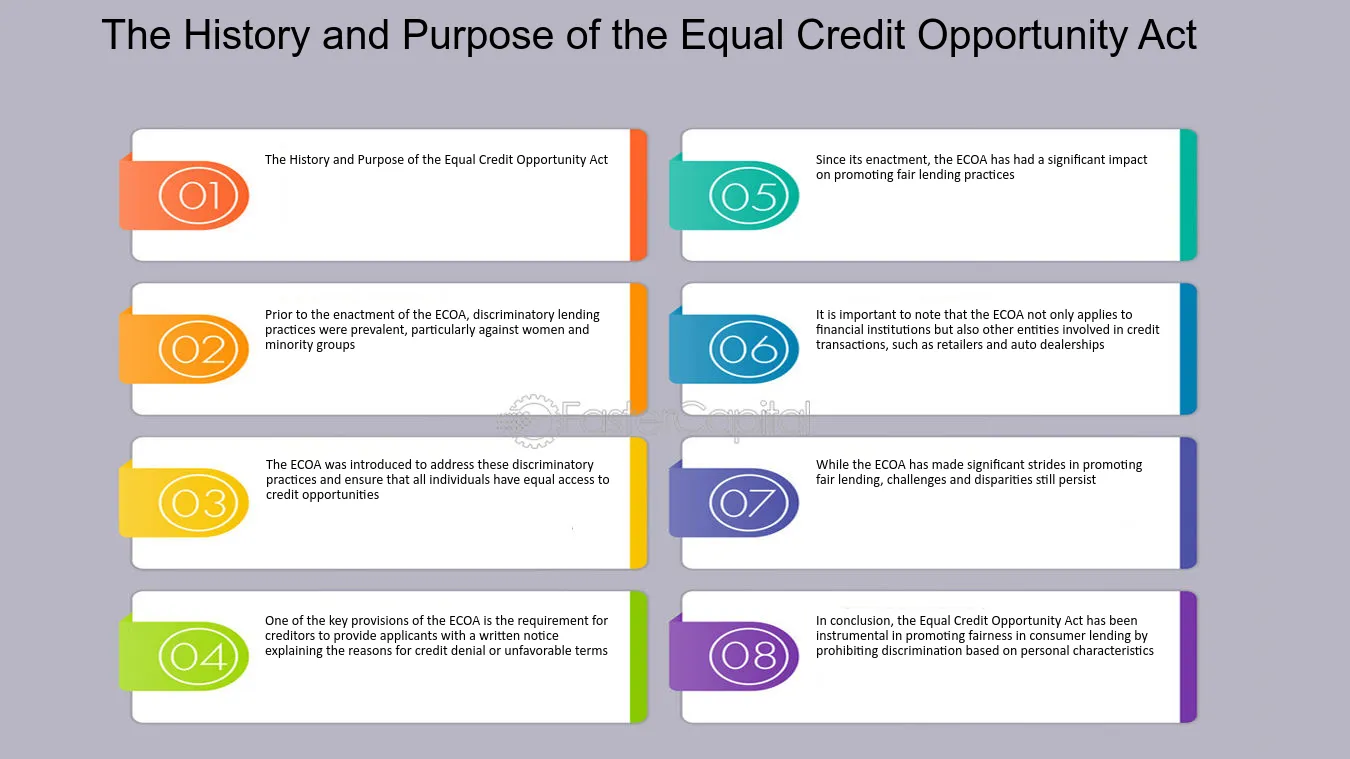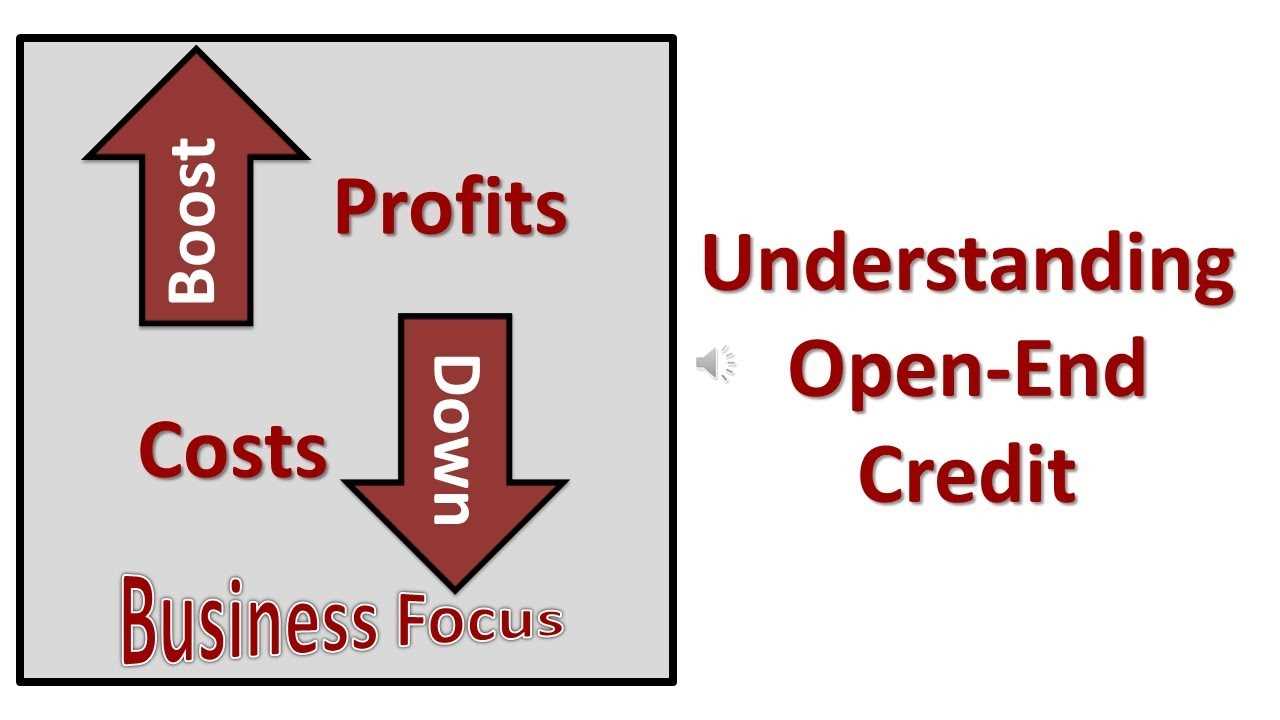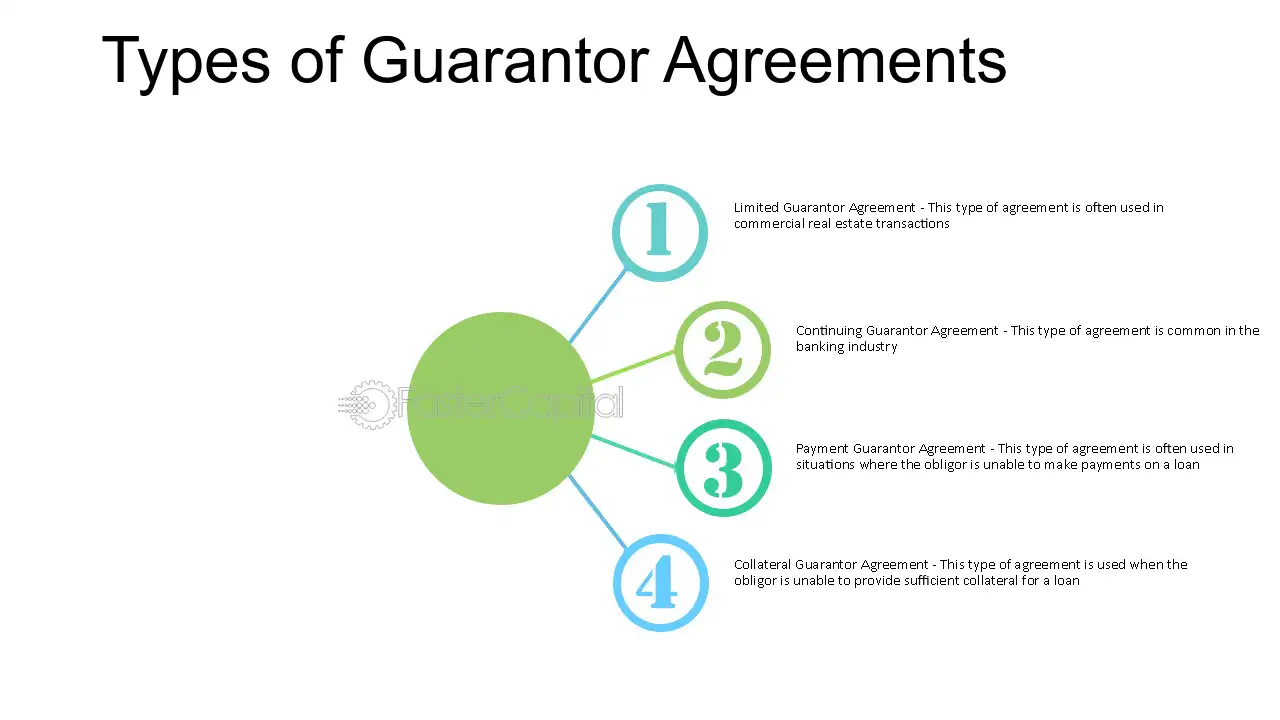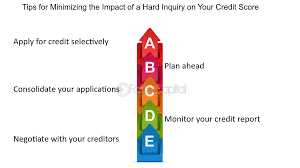The Purpose Of The Equal Credit Opportunity Act (ECOA)
Importance of the Equal Credit Opportunity Act (ECOA) The Equal Credit Opportunity Act (ECOA) is a crucial piece of legislation that plays a significant role in promoting fairness and equality in the lending industry. The act prohibits lenders from discriminating against borrowers based on certain protected characteristics, such as race, … …










